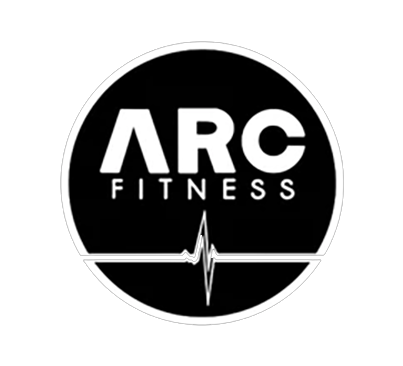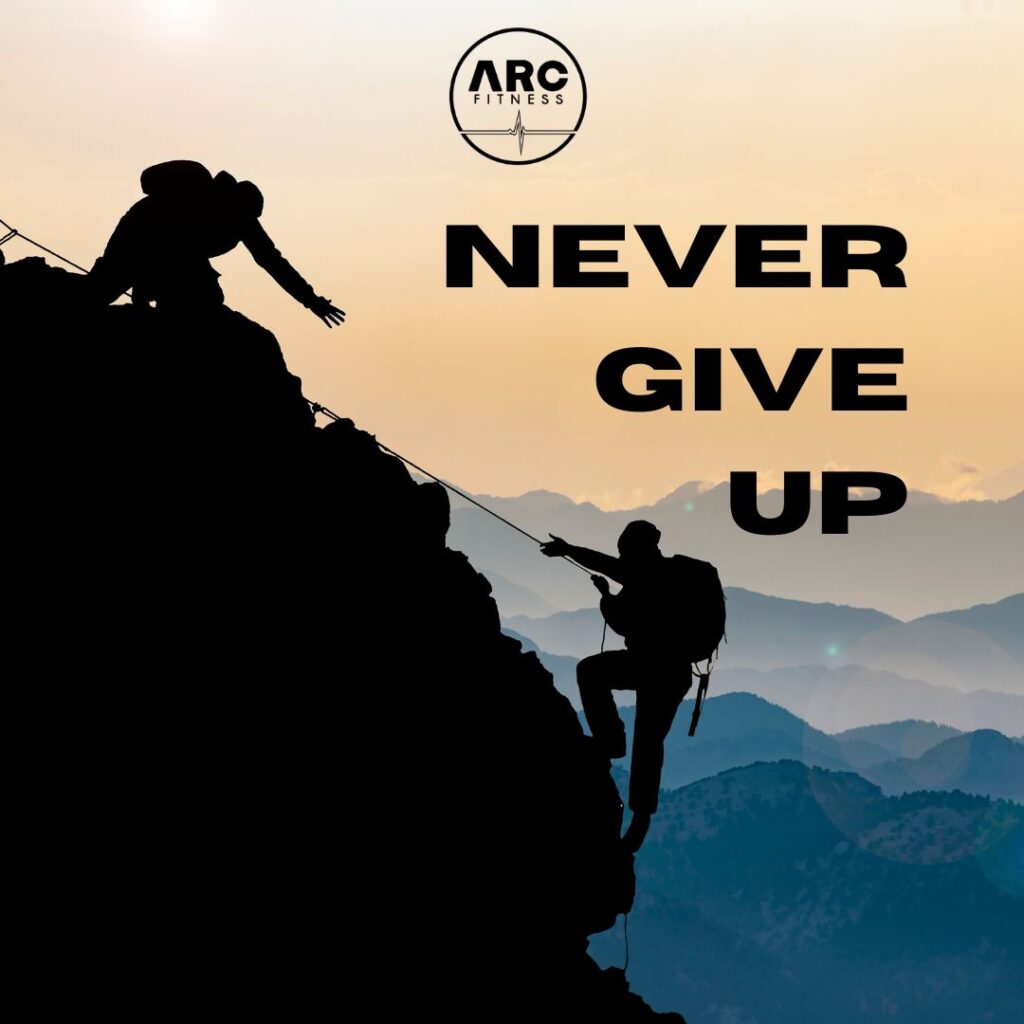No products in the basket.
Uncategorized
Tackling the day to day
Tackling the Day-to-Day of Addiction is complex, manifesting as compulsive substance use despite harmful consequences. Recovery from addiction is equally complex and deeply personal. This article explores the daily challenges and strategies involved in recovery, providing insights and support to those on their journey to a healthier life.
Defining Addiction
Addiction is a chronic dysfunction of the brain systems involved in reward, motivation, and memory. It’s about how your body craves a substance or behaviour, especially if it causes a compulsive or obsessive pursuit of “reward” and a lack of concern over consequences.
Types of Addiction
Addictions can be chemical (substances like alcohol, drugs, and nicotine) or behavioural (such as gambling or shopping). Both types disrupt daily life and can severely impact health and relationships.
Common Myths and Misconceptions
Many believe addiction is just a lack of willpower, or that recovery is merely a matter of choosing to stop using. However, addiction is a deeply ingrained psychological and physiological issue, requiring more than just good intentions to overcome.
The Recovery Process
Steps in Recovery
Recovery typically begins with detoxification, followed by therapy and sustained by ongoing support. It’s a lifelong journey of self-discovery and management.
Tackling the Day-to-Day
Recovery is not a linear process; it involves navigating through cravings, managing stress without substances, and rebuilding broken relationships, all while maintaining the motivation for change.
Importance of a Support System
Support from loved ones and recovery communities can be a cornerstone of successful recovery, providing encouragement and accountability.
Daily Strategies for Managing Addiction
Routine and Structure
Maintaining a structured schedule can help manage temptations and reduce downtime that might lead to relapse.
Stress Management Techniques
Effective stress management, such as mindfulness, exercise, or hobbies, can reduce the urge to use substances.
Healthy Habits and Hobbies
Developing new interests that promote well-being can replace the time and energy previously spent on addictive behaviours.
Professional Help and Therapy
Types of Professional Help
There are various forms of professional help available, including psychiatrists, counsellors, and recovery coaches, tailored to different stages and types of addiction.
The Role of Therapy in Recovery
Therapy can help address the psychological roots of addiction, providing strategies to cope with emotions and stress without reverting to old habits.
Relapse Prevention
Identifying Triggers
Recognising the specific situations, emotions, or people that ignite cravings is crucial in developing effective coping strategies.
Coping Strategies
Effective coping strategies might include distraction, seeking support, or practising relaxation techniques.
Long-Term Recovery Goals
Setting Realistic Goals
Setting achievable goals can provide a sense of purpose and accomplishment that supports sustained recovery.
Importance of Continuous Care
Ongoing treatment and support are necessary to maintain recovery, as addiction is a chronic condition.
Personal Stories of Success
Hearing from those who have successfully managed their addiction can inspire others. These stories emphasize that recovery is possible and highlight diverse strategies individuals use to maintain their sobriety.
Conclusion
Recovery from addiction is a day-to-day process that requires persistence and support. The journey is personal, and while challenging, it is filled with opportunities for growth and transformation.
FAQs
- What is the first step in seeking help for addiction?
- How do I deal with cravings?
- What should I look for in a support group?
- Can addiction be cured?
- How do I support a loved one in recovery?

